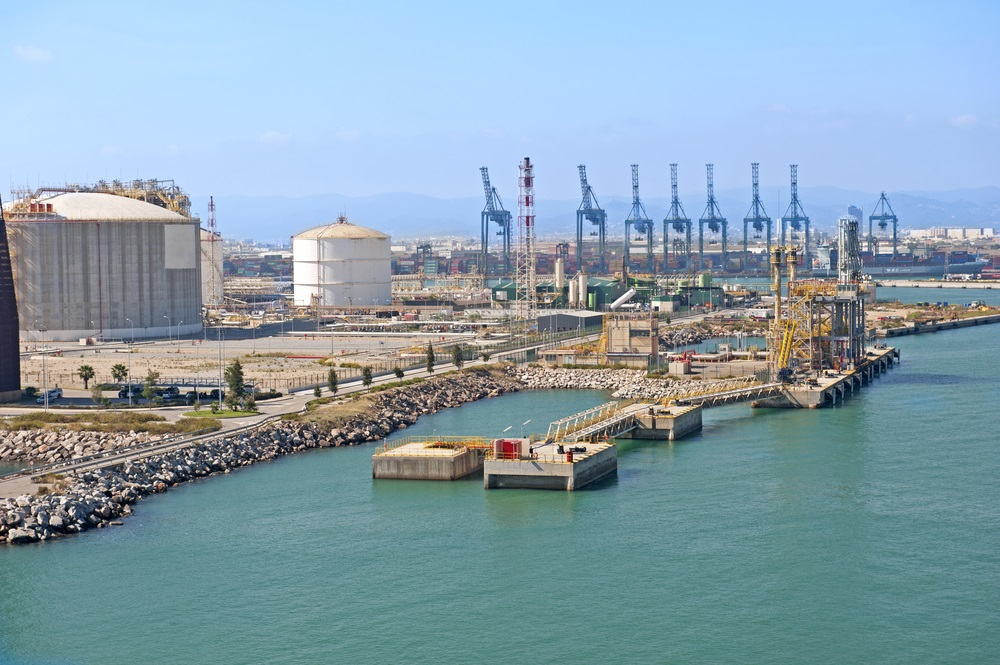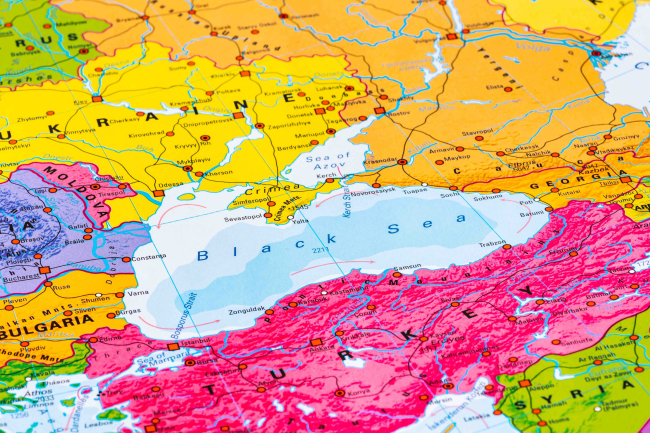
Practical information
The European energy market has to face numerous challenges to achieve a successful transition towards a low carbon economy, to preserve its competitiveness and to ensure its security of supply.

While the EU Communication on the Energy Union published in February 2015 has given new impetus to Europe’s gas policy, the EU gas market has to deal with a new environment both in terms of supply and demand.
The debate will be an opportunity to discuss the future perspectives of the EU gas market. It will specifically address the relations between EU and Russia at a crossroads, the declining production in Groningen in the Netherlands and the global trends on the LNG market, with an emphasis on the US LNG.
Ifri Center for Energy organizes a roundtable conference with:
- Marie-Claire Aoun, Director Center for Energy, Ifri
- Sylvie Cornot-Gandolphe, Associate Research Fellow, Ifri
co-authors of the study, “The European Gas Market Looking for its Golden Age?”, Les Etudes, October 2015. - Jean Abiteboul, President, Cheniere Marketing Ltd
- Geert Greving, Head of Public Affairs, GasTerra B.V.
Chaired by Olivier Appert, Senior Advisor, Ifri, Chairman of Conseil Français de l'Energie (French Committee of the World Energy Council)
The debate will be held in English under Chatham House rules.
Related Subjects
Other events

Affirming European Security in Ukraine and the Black Sea Region
European security has been challenged in 2022 with the full-fledged invasion of Ukraine by the Russian Federation.

Post-war Europe: How to Redefine a Security Architecture Within a New Transatlantic Framework?
A new European security architecture has to be built. The question is: will this happen with or without Europe? The US President, Donald Trump, who returned to the White House a little more than two months ago, and the President of the Russian Federation, Vladimir Putin, have initiated talks to put an end to the war in Ukraine, with the possibility of Ukraine ceding territory to Russia being raised.

Doing Politics in African Cities: Actors, Causes and Forms of Urban Social Mobilization
From Maputo to Nairobi and from Lagos to Dakar: recently, African cities have been the theatre of mobilizations by groups of young protesters.







